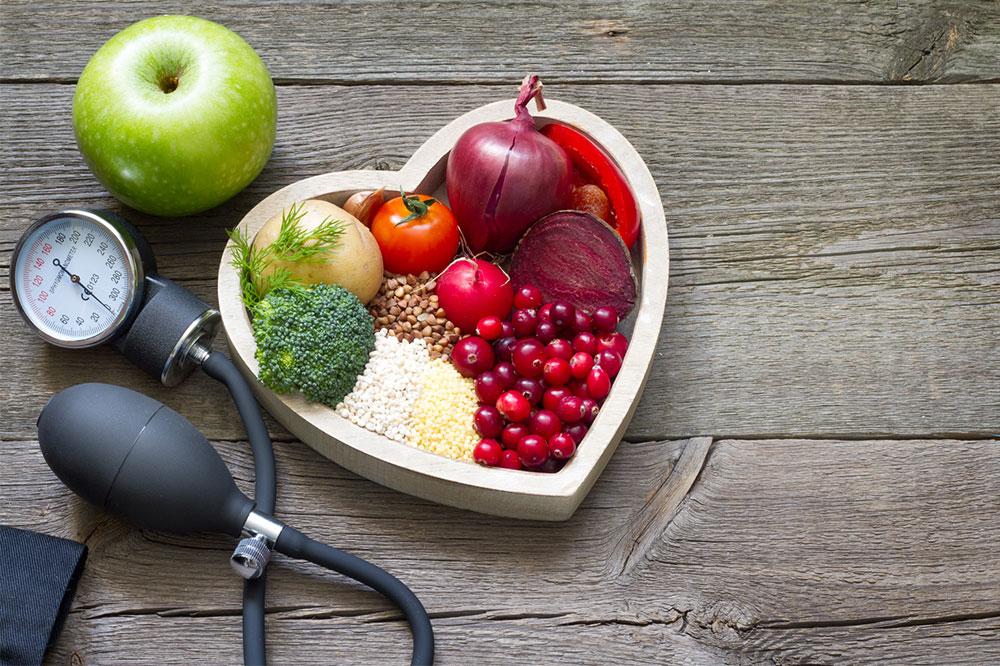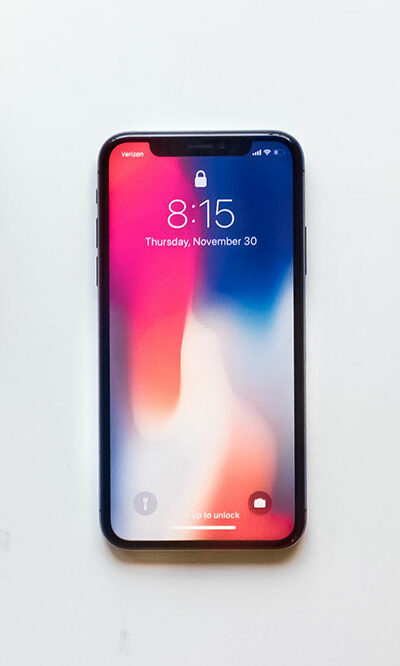Medications and lifestyle changes to reduce cholesterol

Statins are the first type of medication prescribed to bring high levels of low-density lipoprotein (LDL) cholesterol within normal limits. However, they can have various side effects, and may even be ineffective in case the cholesterol stems from a genetic disorder. Taking certain medicines and making changes to the lifestyle and food regime may help manage cholesterol. Read on to know about the different alternatives to statins that can help treat and manage high cholesterol.
Make changes to the food regime
High cholesterol levels are mostly a result of eating habits. Increase your intake of naturally low-intensity saturated fat, and minimize your intake of unhealthy processed oils. The myth around saturated fat being bad for cholesterol has been disproved time and again. But remember to opt for clean, natural sources of fat, and cut your intake of processed food and sugar.
Foods that need to be included in your regime include:
- Spinach
All green vegetables contain a yellow pigment lutein, still, spinach carries the highest amount. Lutein helps the arteries repel cholesterol particulates that can lead to artery clogging and cause a stroke or heart attack. - Avocado
This fruit contains beta-sitosterol, which is a plant-based fat that attacks cholesterol molecules and decreases their rate of absorption from food. - Chocolate
Dark or bitter chocolate compounds are power-packed with antioxidants, these keep blood platelets from getting attached to each other and clogging the arteries. Ensure you eat dark chocolate (ideally above 70%). - Olive oil
Olive oil should be used for cooking purposes as it contains more plant fat that prevents cholesterol to be absorbed into the bloodstream. This can be a great alternative to statins. - Beans
Beans are a rich source of monounsaturated fatty acids, as well as loaded with gut-healthy fiber. Fiber causes a decrease in the rate of absorption of bad cholesterol.







